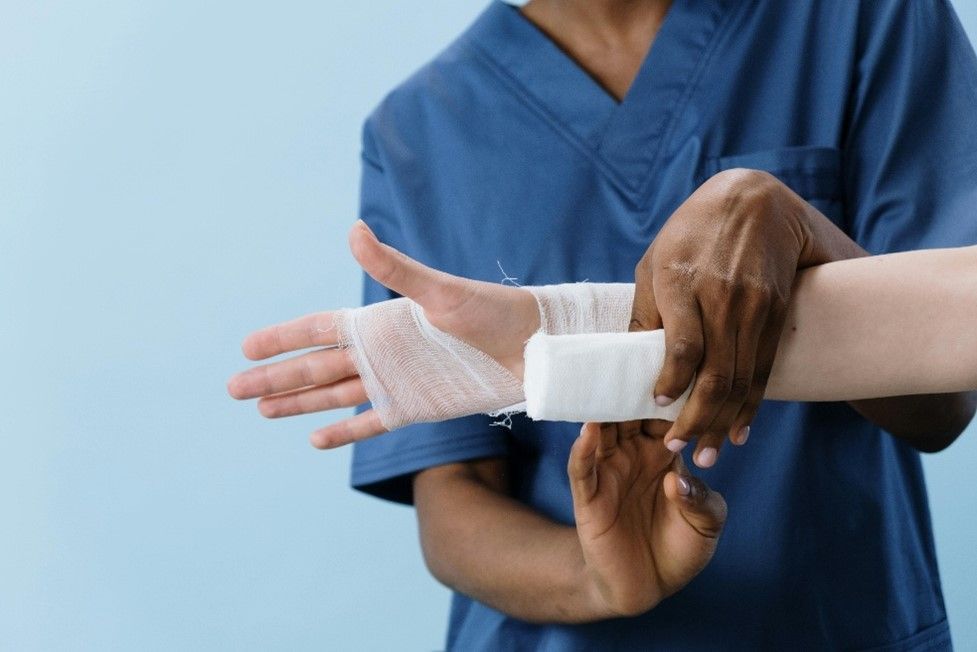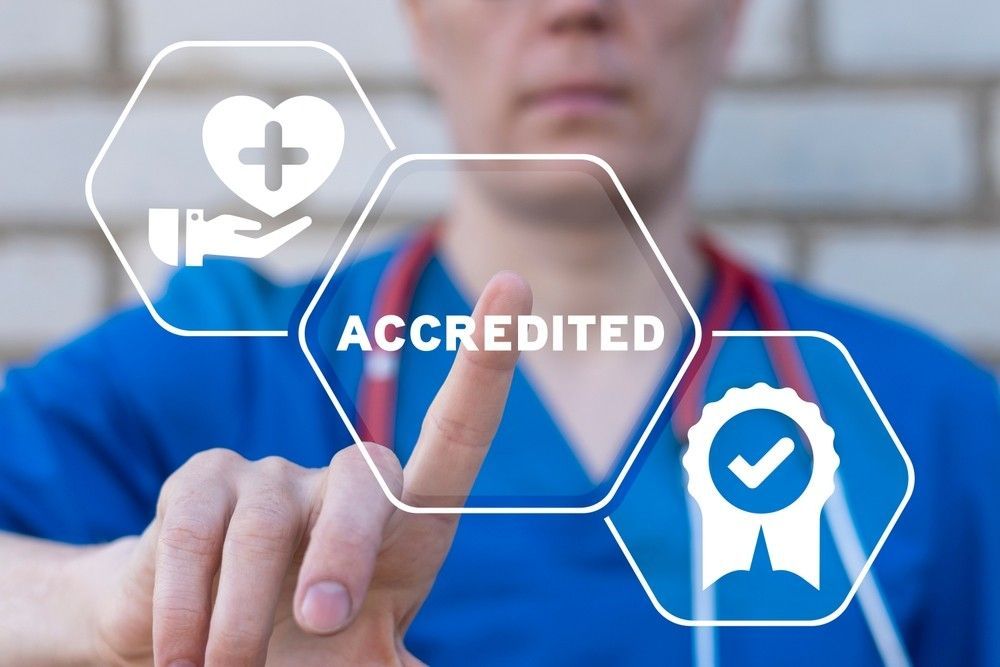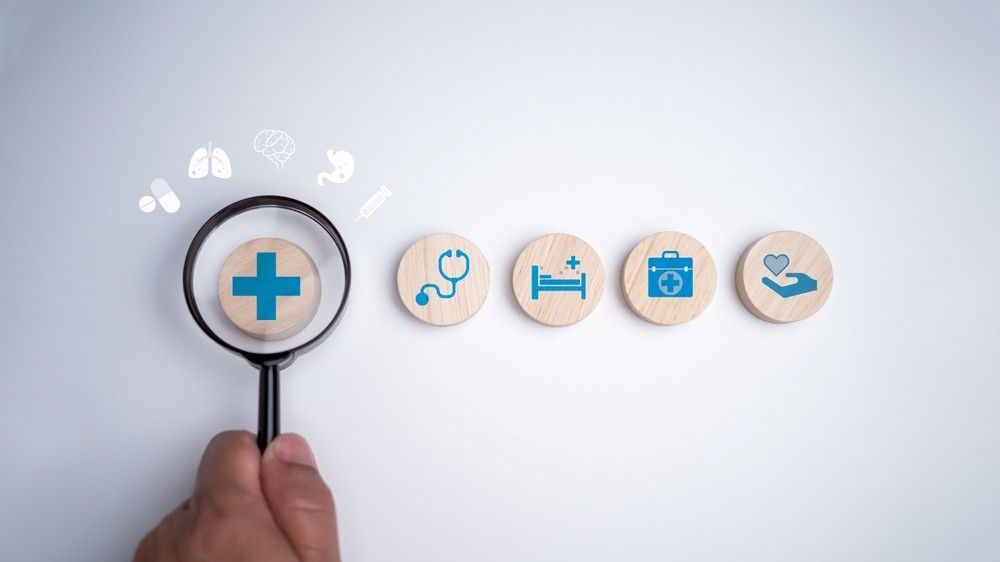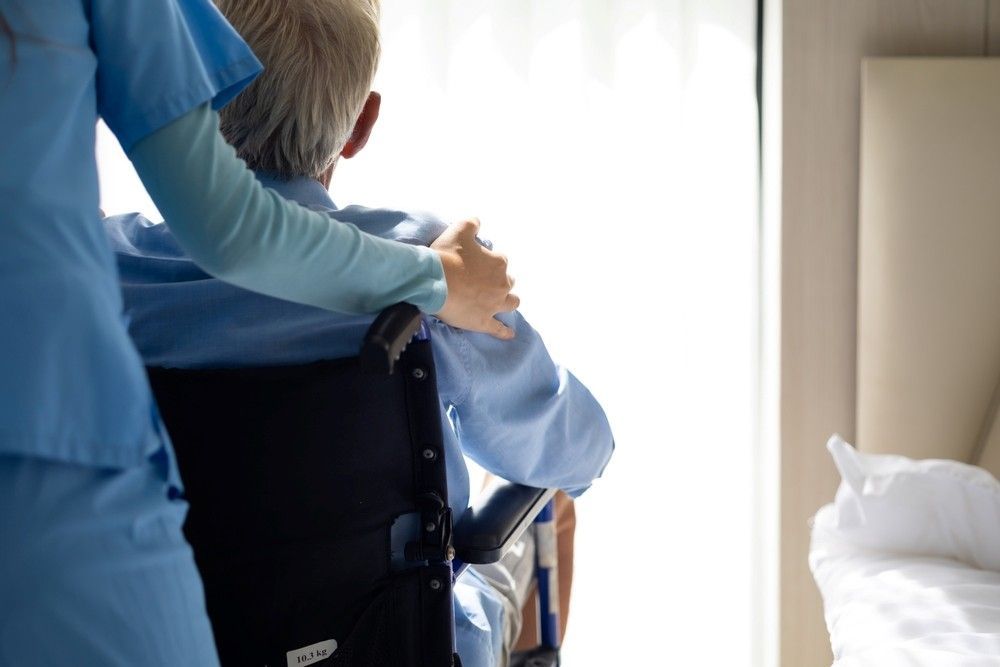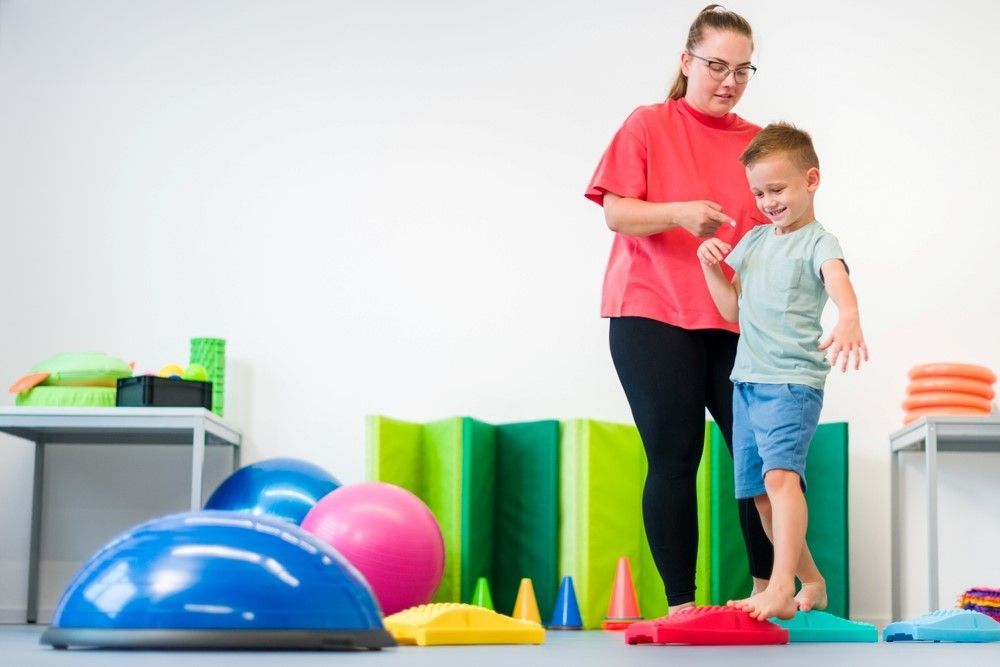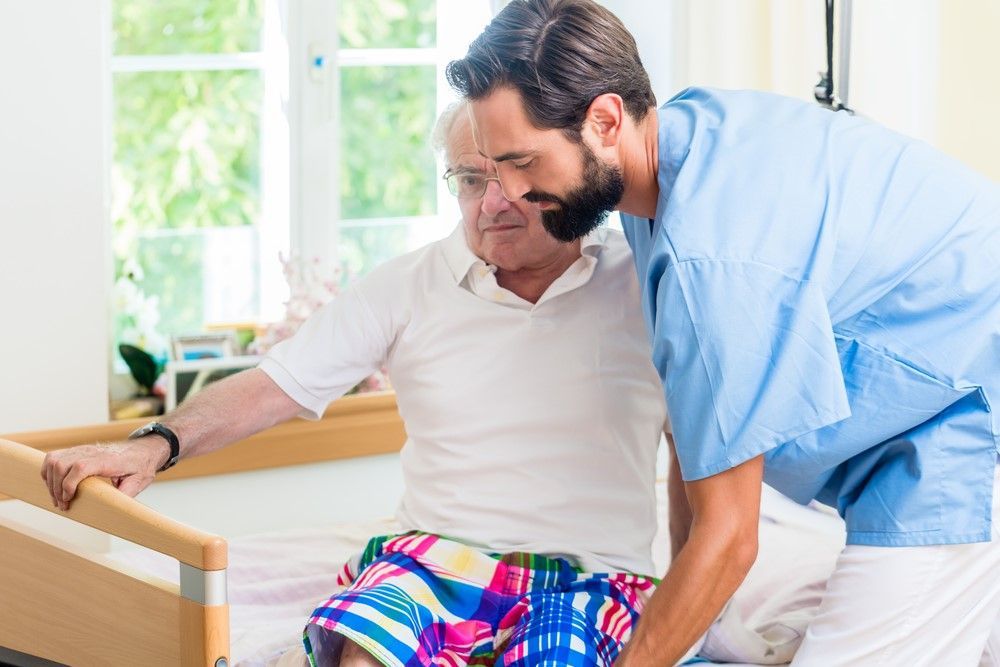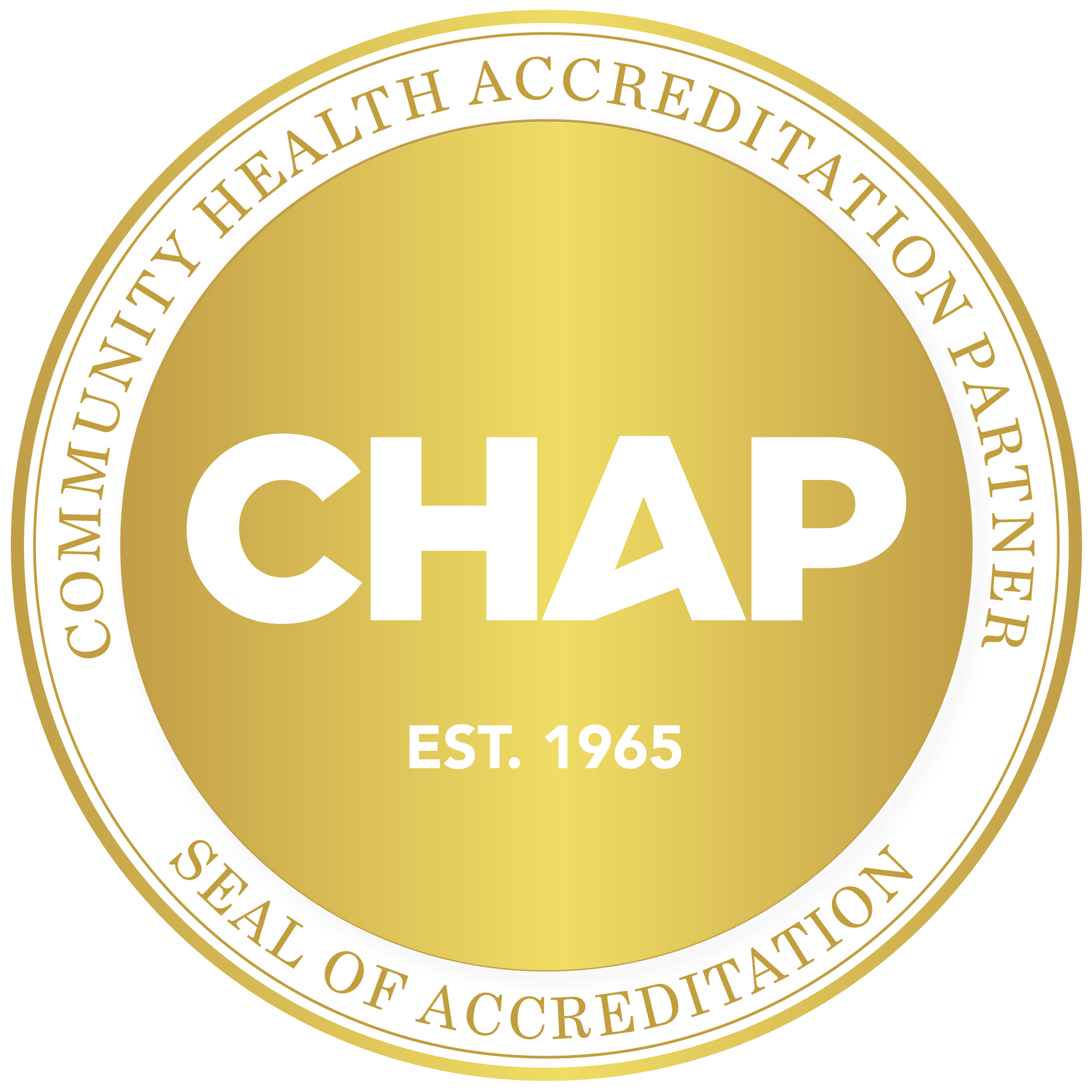Emergency Preparedness
What To Do During an Active Shooter Situation

Safety Resources
FBI Active Shooter Safety Resources
https://www.fbi.gov/how-we-can-help-you/safety-resources/active-shooter-safety-resources
Department of Homeland Security Active Shooter Training
https://www.dhs.gov/xlibrary/assets/active_shooter_booklet.pdf
Emergency Alerts – Activation on phones
CISA School Safety
School Safety | Cybersecurity and Infrastructure Security Agency CISA
References
Pennsylvania Training for Health and Safety. Department of Labor and Industry, 2023. https://www.dli.pa.gov/Businesses/Compensation/WC/safety/paths/Pages/default.aspx
FEMA, IS-907-Active Shooter: What You Can Do. A course developed by the National Protection and Programs Directorate/Office of Infrastructure Protection, U.S. Department of Homeland Security. IP_Education@HQ.dhs.gov
“Active Shooter Study: Quick Reference Guide,” Federal Bureau of Investigation, 2014. https://www.fbi.gov/file-repository/as-study-quick-reference-guide-updated1.pdf/view
